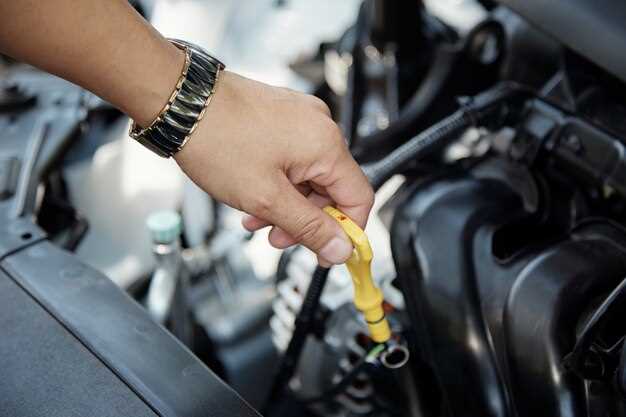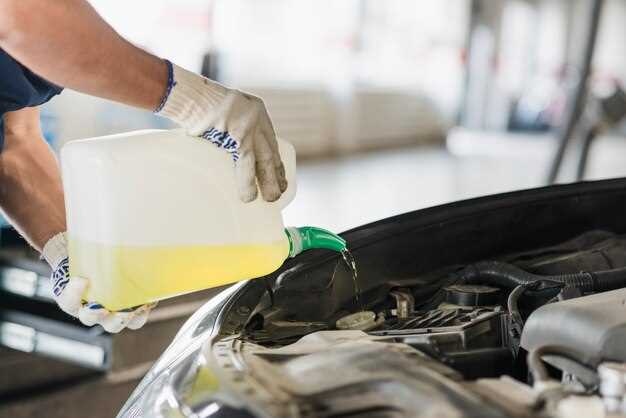
Maintaining your Porsche in peak condition requires attention to many details, but one of the most critical aspects is ensuring timely oil changes. Engine oil plays a vital role in lubricating the engine components, reducing friction, and preventing wear and tear. However, the question remains: how often should you change the oil in your Porsche to keep it running smoothly and efficiently?
To answer this, one must consider several factors, including the model of your Porsche, driving conditions, and the type of oil used. Modern Porsches are often equipped with advanced engineering and technology that may extend oil change intervals compared to older models. Nevertheless, adhering to the manufacturer’s recommendations is essential for optimal performance and longevity.
Additionally, driving habits play a significant role in determining the right oil change schedule. Regularly driving in extreme conditions, such as high temperatures, stop-and-go traffic, or on rough terrains, can accelerate oil degradation, making more frequent changes necessary. Understanding these nuances will empower Porsche owners to make informed decisions regarding their vehicle maintenance routines.
Understanding Porsche Engine Specifications and Oil Types

Porsche vehicles are renowned for their high-performance engines, each designed with specific tolerances and requirements that influence their oil change intervals. Understanding these specifications is crucial for maintaining optimal performance and longevity. Porsche offers a range of engines, from naturally aspirated to turbocharged units, each requiring different types of engine oil.
Rolling out across the Porsche lineup, one significant aspect is the engine’s design and operating conditions. For instance, models like the 911 typically feature flat-six engines that demand oils with precise viscosity ratings to ensure proper lubrication. Porsche recommends utilizing synthetic oils, specifically those meeting the Porsche A40 standard, for their superior thermal stability and low volatility, which helps maintain performance under extreme conditions.
Moreover, the oil type is directly tied to the engine’s cooling efficiency. High-performance engines generate significant heat, and synthetic oils are engineered to withstand higher temperatures without breaking down. This capability is essential for maximizing power output and minimizing wear. If you drive your Porsche under strenuous conditions, such as on a racetrack, more frequent oil changes may be necessary.
In contrast, daily drivers may adhere to longer intervals, provided they utilize the recommended oil types. It is essential to consult the owner’s manual for the specific model to determine the correct viscosity and specified oil type. Using the appropriate oil not only ensures compliance with warranty requirements but also enhances engine performance and fuel efficiency.
Ultimately, selecting the right oil for your Porsche and adhering to the recommended service intervals based on your driving habits will optimize engine performance, prolong vehicle life, and ensure a thrilling driving experience every time you get behind the wheel.
Driving Conditions and Their Impact on Oil Change Frequency
Driving conditions play a crucial role in determining the optimal oil change intervals for your Porsche. Factors such as temperature, terrain, and driving habits can significantly influence engine performance and oil degradation.
Extreme Temperatures: Operating in extremely hot or cold climates can affect oil viscosity and performance. In hotter conditions, oil can break down more quickly due to increased thermal stress. Conversely, in cold environments, the oil may take longer to warm up, leading to inadequate lubrication during initial drives. Under these circumstances, more frequent oil changes may be necessary to ensure engine protection.
Urban vs. Highway Driving: Urban driving often involves frequent stops, starts, and short trips, which can prevent the engine from reaching its optimal operating temperature. This leads to increased fuel contamination in the oil, resulting in the need for more regular changes. In contrast, highway driving allows the engine to run at a consistent temperature, providing a stable environment that can extend oil life.
Towing and Heavy Loads: If you frequently tow trailers or carry heavy loads, your engine will experience added strain. This generates more heat and increases the rate of oil degradation. It is advisable to shorten the oil change interval if your Porsche is regularly subjected to these heavy-duty conditions.
Driving Style: Aggressive driving habits, such as rapid acceleration and high-speed driving, generate more heat and stress on the engine. This can lead to quicker oil breakdown. Conversely, smooth and conservative driving can help prolong oil life, allowing for longer intervals between changes.
To maximize the performance and longevity of your Porsche engine, it is essential to adjust your oil change schedule based on these driving conditions. Regularly monitoring the oil quality and following the manufacturer’s recommendations will ensure your vehicle remains in optimal condition.
Signs Indicating the Need for an Oil Change Beyond Scheduled Intervals

While manufacturers recommend specific intervals for oil changes, certain signs may indicate that your Porsche requires an oil change sooner than expected. Being vigilant about these indicators can help prevent engine damage and maintain optimal performance.
One of the most noticeable signs is a change in oil color and consistency. Fresh oil is typically amber and transparent; however, if it appears dark brown or black, it is a sign of contamination and degradation. Additionally, if the oil feels gritty or thick, it suggests that it has absorbed dirt and debris and should be replaced immediately.
Another indicator is the presence of a low oil level. Regularly checking your oil level is crucial. If you notice it dropping significantly between changes or require frequent top-offs, this may indicate that the oil is breaking down or that the engine is leaking or burning oil.
Unusual engine noises can also signal the need for an oil change. If you hear knocking or ticking sounds from the engine, it may be a sign that the oil is no longer providing sufficient lubrication, leading to increased friction and wear on engine components.
Additionally, check for warning lights on your dashboard. The oil pressure warning light, in particular, should never be ignored as it indicates that the oil is either too low or that the oil pump is failing to circulate oil effectively. This condition warrants immediate attention, potentially including an oil change.
Lastly, if you notice an increase in engine temperature, it can suggest that the oil is no longer able to dissipate heat effectively. This overheating can lead to severe engine damage if not addressed quickly. Regular monitoring of these signs can ensure the longevity and performance of your Porsche.




